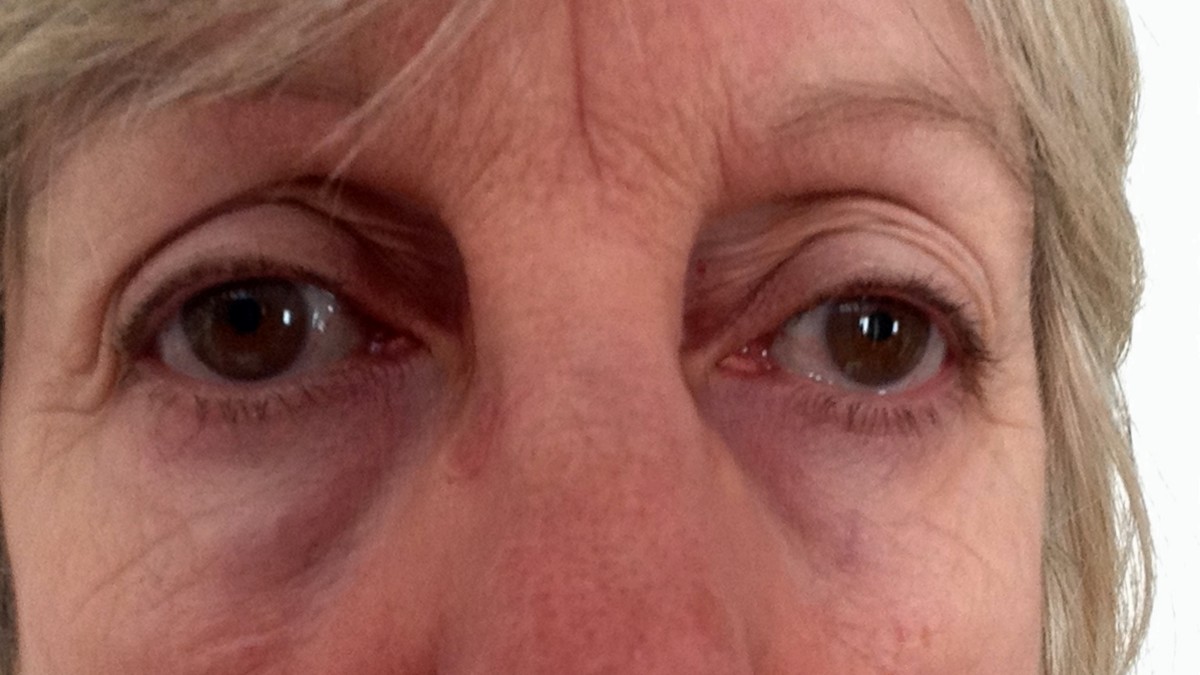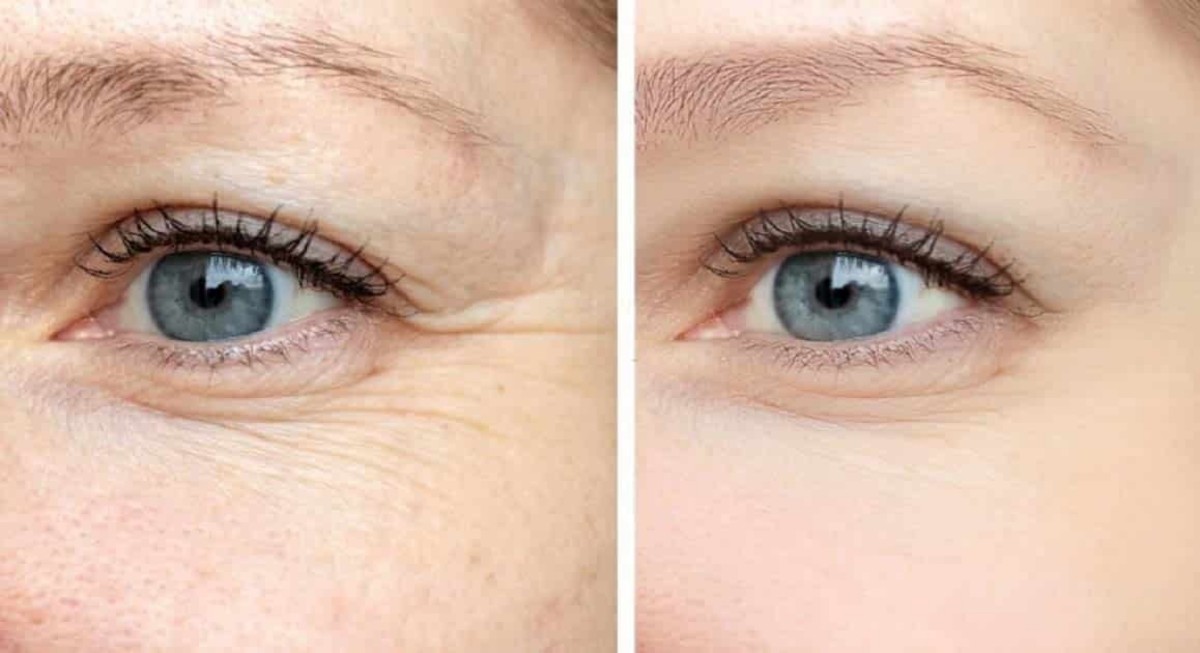Does Skin Brighteners Work Effectively For Oily and Dry Skin?
Overview
Companies are now introducing inexpensive skin brighteners to widen the scope of their market. However, the big question is whether these skin brighteners work effectively for both oily and dry skin. There are misconceptions spreading around on how these products work, their safety and duration of their effects. What determine the effective of any cosmetic product are the ingredient and whether the user follows instructions as directed by the manufacturer.

How Skin Brighteners Work
The amount of melanin in your skin is what determines its color. When your skin gets exposed to the sunlight, it stimulates melanin production which in turn makes your complexion duller. Skin brighteners have the ability to lighten your skin and thus reducing the appearance of some problems including sun spots, brown spots, and age spots among others. It’s worth noting that other than making your skin lighter, there are other uses for skin brighteners. Some people use skin brighteners to change their overall appearance or to make their skin more youthful or dewy. Skin brighteners simply work by inhibiting the production of melanin regardless of whether your skin is ether normal, or oily, dry or a combination.
Eliminate Brown Spots
Skin brighteners are effective when it comes to dealing with brown spots or uneven skin discoloration. The key ingredient is hydroquinone although some people are allergic to it and has been banned in some countries due to its risks of causing hyperpigmentation. Most skin brighteners you will find in the market today rely on mild ingredients like vitamin C or vitamin B derivatives and plant extracts. Although these ingredients don’t completely eliminate brown spots, at least they reduce their appearance and make the skin look much better.
Exfoliation a Must
People are unaware that their beauty routine can determine how effective a skin brightener can turn out to be. The more exfoliated the skin, the more effective a skin brightener penetrates. If you have dead skin cells, it can be difficult for active ingredients of skin brighteners to reach the underneath layers of your skin. Try an exfoliating serum or cream with retinol or glycolic acid. Alternatively, try microdermabrasion or mild chemical peel to remove more layers from your skin so that brightener can penetrate into deeper layers. This applies to both oily and dry skin.
Combine With Sunscreen
Regardless of how effective their ingredients are, there is no way a skin brightener can work if it is not combined with a broad spectrum sunscreen. If you can find one with zinc oxide or titanium dioxide, it is the best as it protect against burning and pigment changes regardless of whether you have an oily or dry skin type. Once your brown spot or dark spot disappears, continue using the broad spectrum sunscreens if you don’t want it to reappear.
Does Skin Color matter?
Whether your skin is oily or dry, skin brighteners are effective for people from all ethnicities, and majority become satisfied with the results. However, some brown blotches may simply fail to fade away especially if they occur in very deep layers of the skin where the products can’t actually penetrate. Should this be the case, there is no need of giving up. Dermatologists have other techniques that can be used to address such skin conditions. If you have a fair skin, Flaxel laser treatment can eliminate as much as 80% of the pigmentation in just a single session, and the rest in less a month with continuous follow-up. Unfortunately, redness and swelling of the skin around the area of treatment can be witnessed for a short time.
Risks of Skin Brighteners
To be on the safer side, never apply a skin brightener all over your body or the entire face. The best way to use is to only apply to the affected areas. Whether your skin is oily or dry, there are several risks associated with skin brightening creams including the following side effects:
- If used for a long time, they can cause premature aging of the skin
- Since skin brighteners aims at reducing melanin production, they increase the risk of skin cancer caused by exposure to UV rays from the sun
- Allergic reactions and irritation
Conclusion
Skin brighteners are effective for both dry and oily skin types. Their active ingredients work to reduce production of melanin which determines the color of your skin. Whereas skin brighteners can be effectively used to lighten a dull complexion and diminish the appearance of age spots and brown spots among other skin problems, wearing a sunscreen will prevent the reappearance of such conditions. If you know your skin type, there are plenty of brightening creams already at your local drugstore for improving your complexion and reduce the appearance of some skin problems. In return, you will get a more youthful skin that is attractive and radiant. Don’t hesitate to consult a dermatologist if your skin condition doesn’t improve.





